Grease Traps and Rotisserie Ovens
- Feb 9, 2022
Among the many pandemic-driven culinary trends over the past two years is a reminder that rotisserie chicken remains a popular comfort food. Many grocery store chains enjoyed strong and steady rotisserie chicken sales amid the ups and downs of the past 24 months, as have a number of restaurants that serve it. Investing in a rotisserie oven can be good for business, but beware. They dump a lot of grease into your plumbing system. Here’s how to prepare for it.

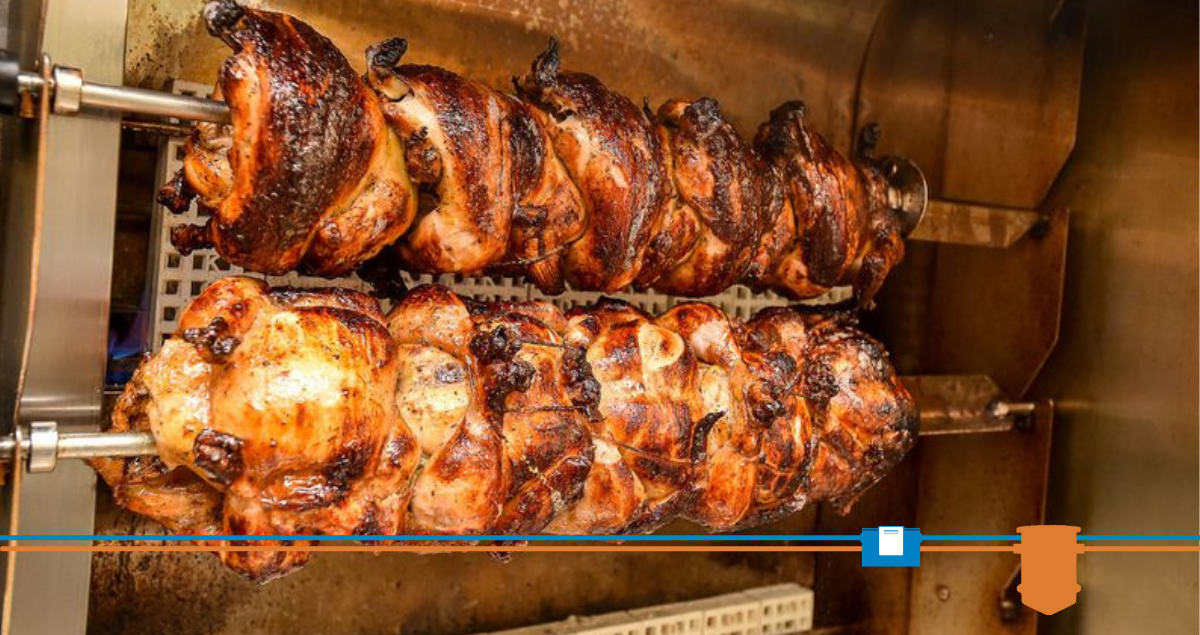

 Commercial kitchen operators already know the benefits of using grease interceptors to capture used oil and grease -- cleaner sewage systems, reduced costs for wastewater treatment plants and fewer fines from municipalities.
Commercial kitchen operators already know the benefits of using grease interceptors to capture used oil and grease -- cleaner sewage systems, reduced costs for wastewater treatment plants and fewer fines from municipalities.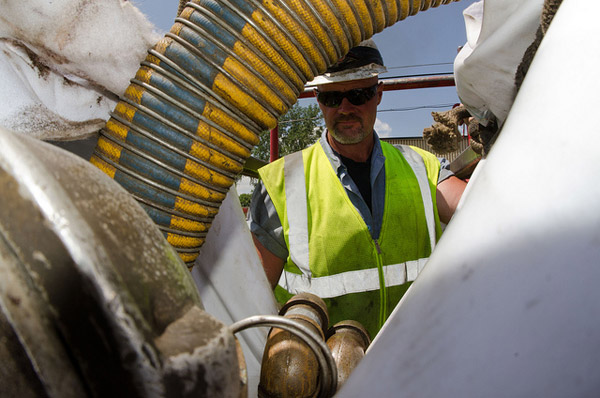 Fats, oils and grease (FOG) in wastewater are one of the biggest challenges facing wastewater systems around the world. Grease, sometimes along with solids, can build up into a solid mass that can narrow or even block wastewater pipes. When that happens, sewers overflow, pipes break, and local authorities are forced to clean up the mess and make repairs.
Fats, oils and grease (FOG) in wastewater are one of the biggest challenges facing wastewater systems around the world. Grease, sometimes along with solids, can build up into a solid mass that can narrow or even block wastewater pipes. When that happens, sewers overflow, pipes break, and local authorities are forced to clean up the mess and make repairs. Though having a grease interceptor is required in virtually all commercial kitchens, there’s much more to controlling fats, oils and grease (FOG).
Though having a grease interceptor is required in virtually all commercial kitchens, there’s much more to controlling fats, oils and grease (FOG).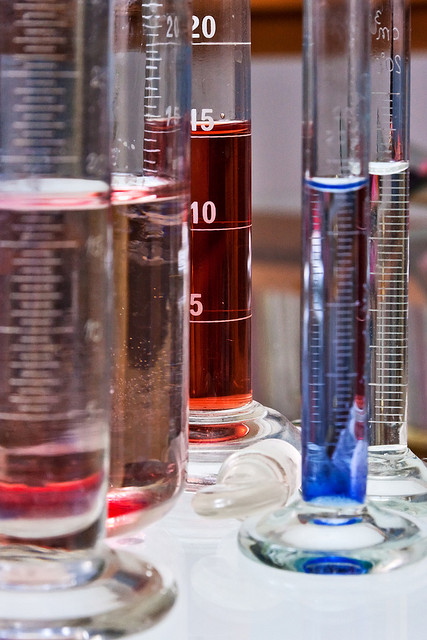
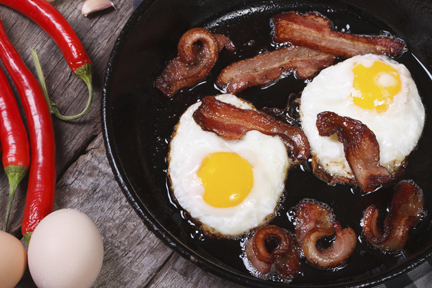 It’s not very often that wastewater system workers are hailed as heroes in the headlines around the world. But in August 2013, that’s what happened.
It’s not very often that wastewater system workers are hailed as heroes in the headlines around the world. But in August 2013, that’s what happened.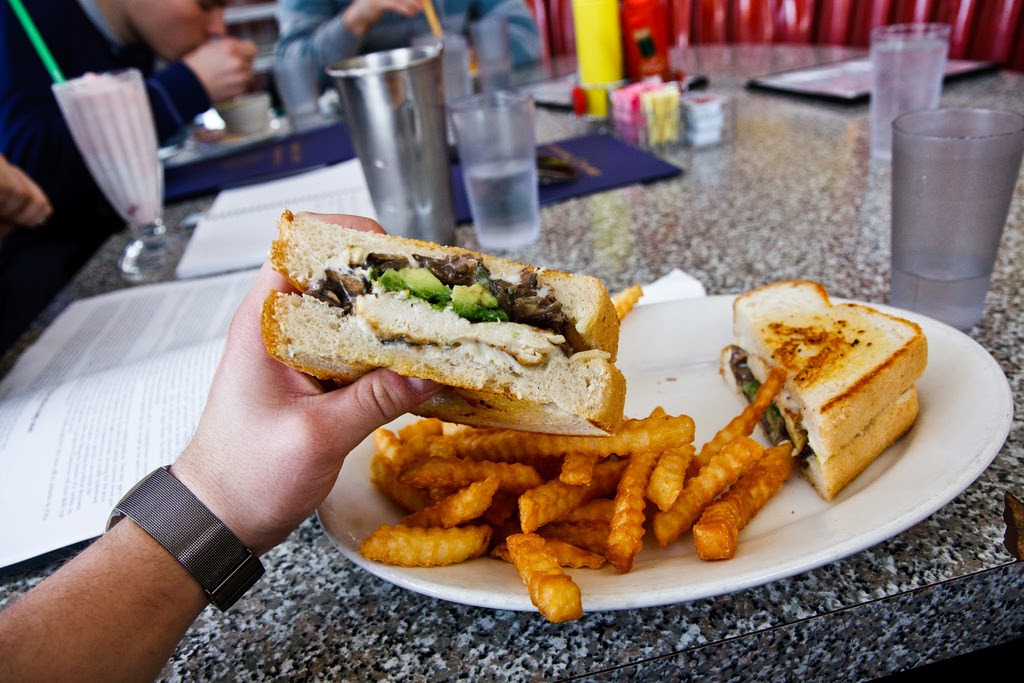 Changing demographics and lifestyles are producing greater strains on water treatment systems and could threaten water quality. Surprised? It’s true. And we’re not just talking about the strain of a growing population.
Changing demographics and lifestyles are producing greater strains on water treatment systems and could threaten water quality. Surprised? It’s true. And we’re not just talking about the strain of a growing population.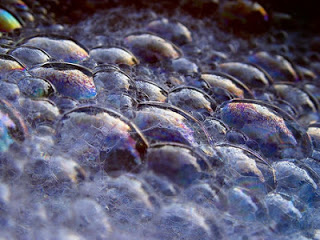 Better Practices in the Modern Era
Better Practices in the Modern Era